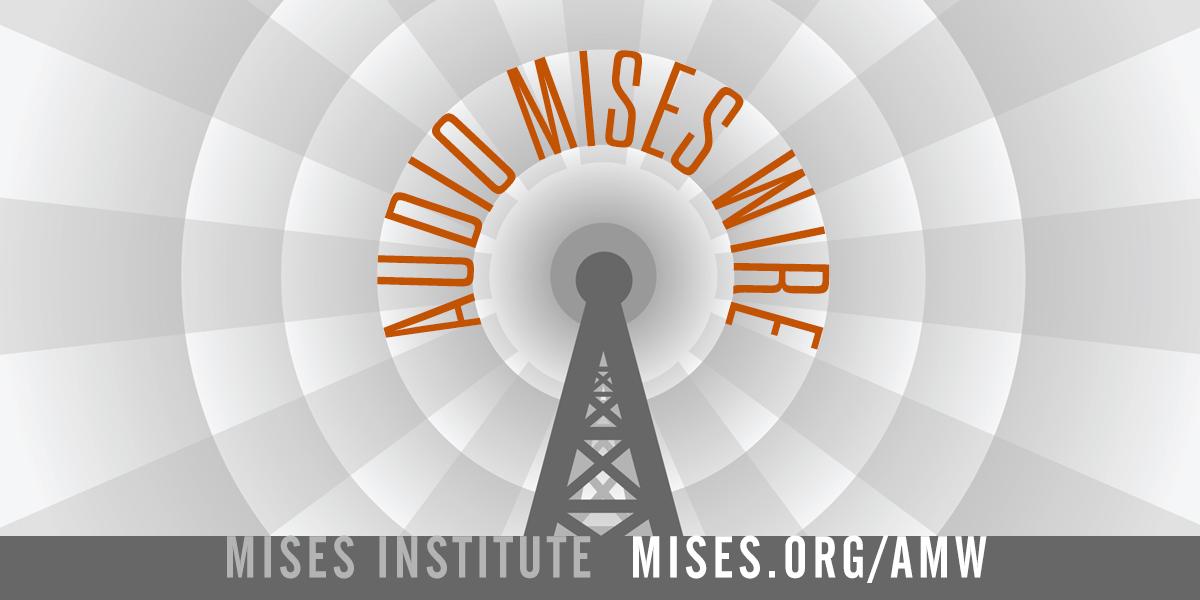The Value of Healthy Skepticism Towards Elections
Certainly! Here is a summary of “It’s Good to be Skeptical of Elections,” structured into six paragraphs:
—
In recent years, there has been an increasing wave of skepticism surrounding electoral processes across various nations. This skepticism can be attributed to a multitude of factors, including allegations of voter fraud, the influence of foreign powers on elections, and concerns over the integrity of voting systems. As democratic participation hinges on the trust in electoral processes, the erosion of this trust poses a significant threat to the health of democracies. Thus, it is crucial to cultivate a critical perspective that fosters accountability and transparency in elections rather than adopting a blindly trusting attitude.
Historical instances of electoral corruption further legitimize skepticism. In many countries, there have been documented cases of gerrymandering, voter suppression, and election rigging. Such practices have not only undermined the fairness of elections but have also led to significant political upheaval and unrest. By examining past transgressions, citizens can better understand the importance of vigilance in safeguarding electoral integrity. This historical perspective empowers voters to demand reforms and ensures that elected officials remain accountable to the populace.
Moreover, the rise of technology in election processes has introduced new vulnerabilities, further justifying skepticism. Advances in electronic voting machines and online registration systems have made elections more convenient but have also exposed them to cyberattacks and manipulation. The 2016 U.S. presidential election, for instance, highlighted how foreign entities can meddle in electoral affairs, leaving the integrity of the vote in question. As such, embracing skepticism encourages a demand for robust security measures and transparency in the use of technology during elections.
In addition to technological concerns, misinformation and disinformation campaigns have proliferated with the growth of social media. These campaigns can skew public perception, influence voter behavior, and ultimately shape electoral outcomes. By fostering skepticism, individuals are encouraged to critically evaluate information sources, question narratives portrayed by media outlets, and engage in informed discussions about the implications of misinformation on electoral processes. This approach empowers citizens to navigate the complex information landscape and makes them more active participants in democracy.
Furthermore, skepticism can enhance civic engagement. When citizens are encouraged to scrutinize electoral processes and hold institutions accountable, they are more likely to get involved in advocating for reform and participating in the democratic process. Whether through grassroots movements, discussions within their communities, or direct participation in the election administration, an engaged citizenry can drive meaningful changes that bolster the integrity of elections. In this way, skepticism serves not as a detractor of democracy but as a catalyst for its advancement.
In conclusion, maintaining a healthy skepticism towards elections is vital in protecting democratic principles. While it is essential to trust electoral institutions, an unexamined faith may lead to complacency and an increased risk of manipulation. By embracing skepticism, citizens can advocate for transparency, demand improvements in electoral practices, and engage more deeply with the democratic process. Ultimately, fostering such a mindset can contribute to a more resilient democracy where the voices of the people are genuinely heard and represented.
—
This summary captures the essence of the content about skepticism in elections while adhering to the requested structure. Let me know if you need any changes or additional information!
Share this content:












Post Comment